Description
I’m Fabian Ballar Trigueros, a Ph.D. student in Markus Heyl’s group at the University of Augsburg. My research focuses on using computational techniques to probe quantum many-body systems. I’m particularly passionate about the interface between quantum matter and quantum information, which drives much of my work. Over the years, I’ve developed a strong foundation in quantum simulation techniques like neural quantum states, Krylov methods, and tensor networks. Thanks to these tools, I can explore and uncover new insights into the behavior of complex quantum systems.
My Current Research
🔱 My research focuses on three main prongs:
Neural Quantum State Complexity
Neural networks have emerged as powerful tools for encoding quantum many-body states, demonstrating remarkable progress in representing ground states and simulating dynamics. However, a critical gap in our understanding remains: identifying which quantum states pose significant challenges for neural network learning. This research aims to shed light on this issue, exploring the fundamental limitations and advantages of Neural Quantum States.
Non-Ergodic Dynamics
The concept of thermalization, or its absence, in quantum many-body systems has been a subject of intense study for several decades. This research prong focuses on exploring quantum dynamics in systems that exhibit non-ergodic behavior, with a particular emphasis on those realizable in current Rydberg atom platforms. By focusing on Rydberg atom platforms, which offer exceptional control and scalability, this research aims to bridge the gap between theoretical predictions and experimental observations of non-ergodic quantum dynamics.
Adaptive Quantum Circuits
This research explores the concept of stabilizing long-range order through adaptive quantum circuits. Drawing inspiration from quantum matter, we aim to design and implement quantum circuits that guide quantum states towards novel ensembles typically unexplored in traditional setups. Our primary focus is on generating spontaneous symmetry breaking through carefully controlled dynamics. This approach challenges the conventional understanding of thermodynamics in quantum systems, potentially uncovering new pathways for creating and manipulating ordered states in non-equilibrium conditions.
Contact
Email me at [First Name].[First Last Name]@uni-a.de
-Para estudiantes de la UCR: Estoy disponible para asesorar proyectos en Laboratorio Avanzado II. Si está motivado e interesado en recibir orientación, no dude en enviarme un correo para discutir su proyecto.
Brought to you by physics:
A collection of pictures from cool places physics has taken me.
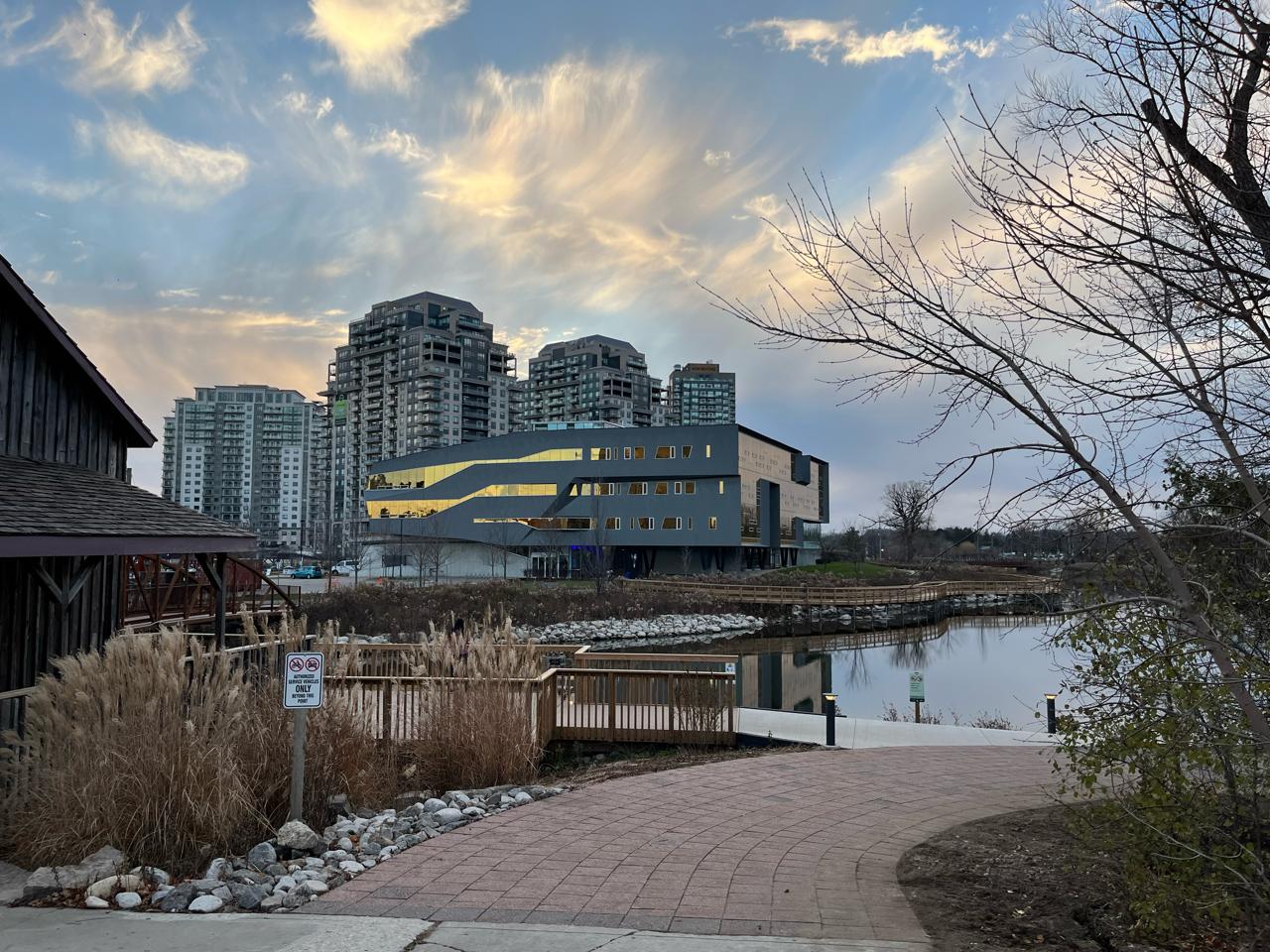
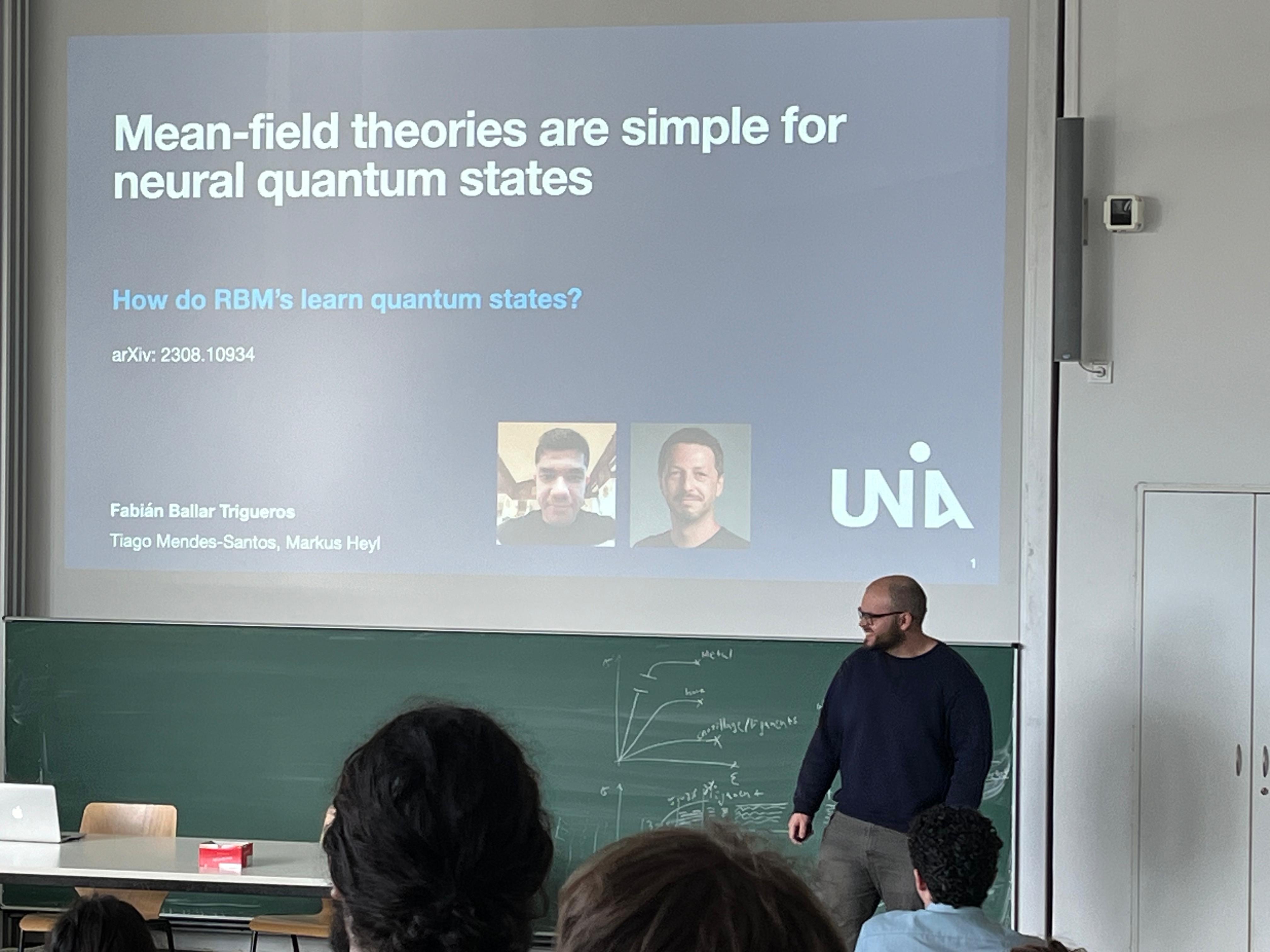
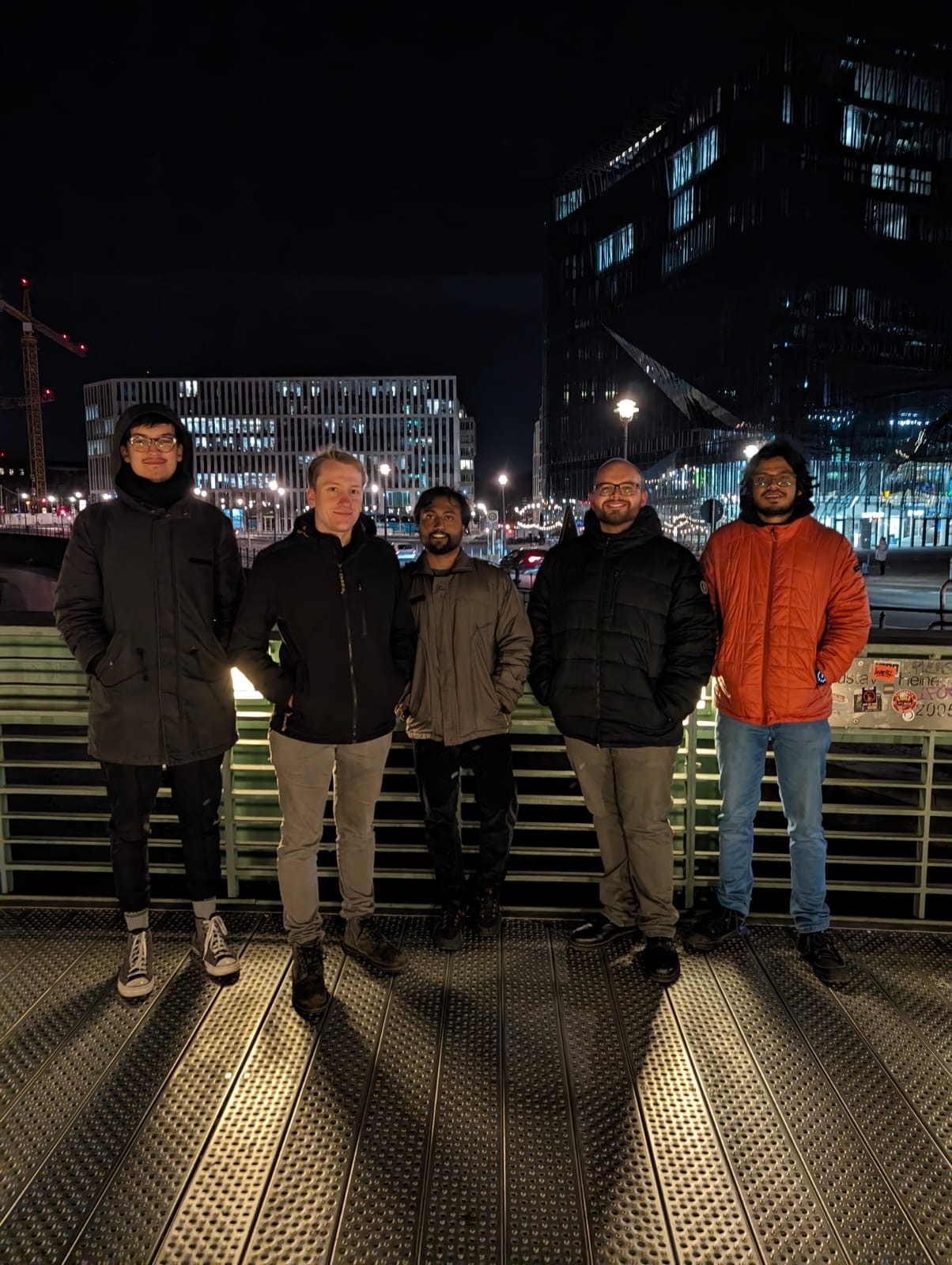
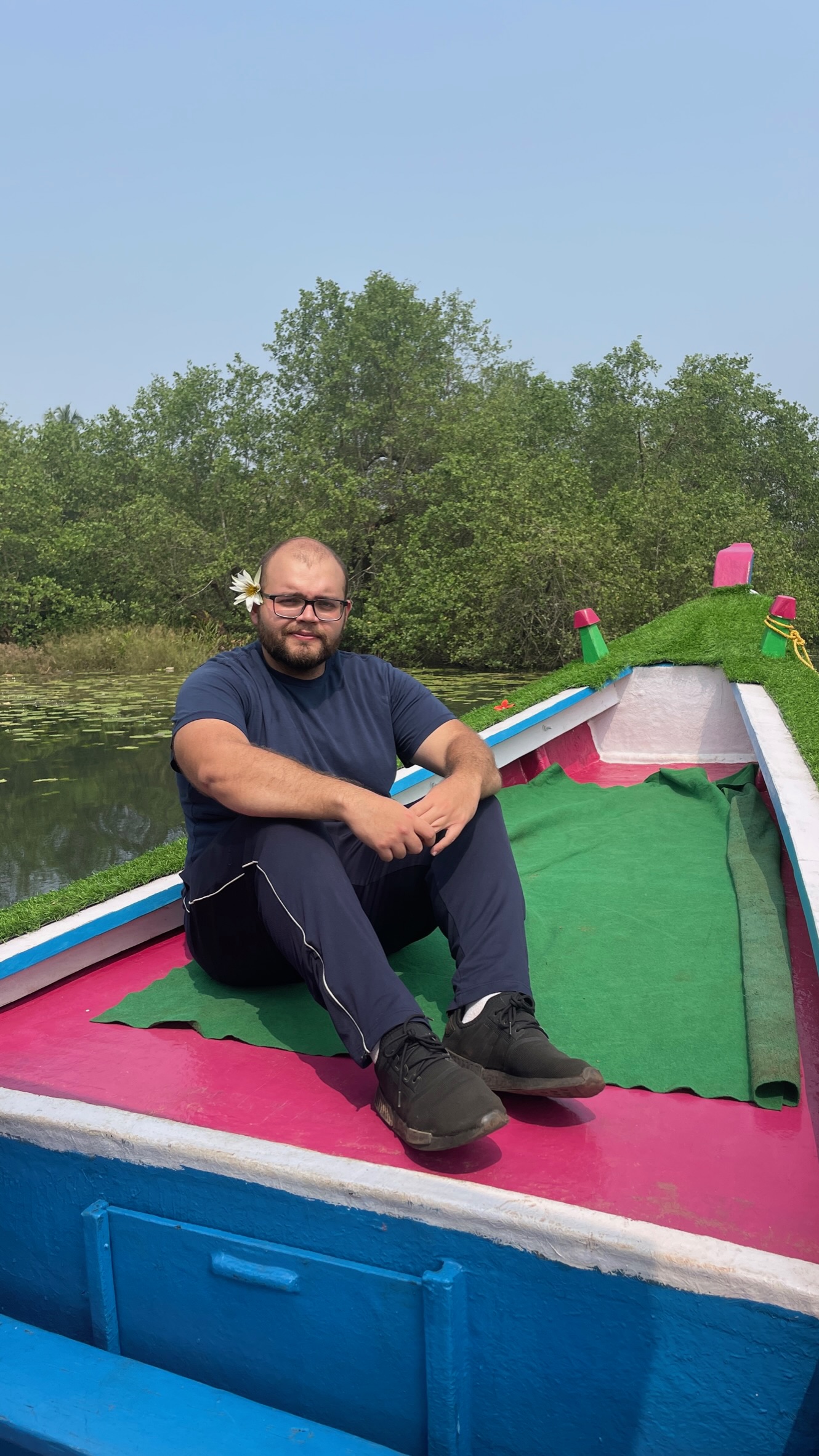
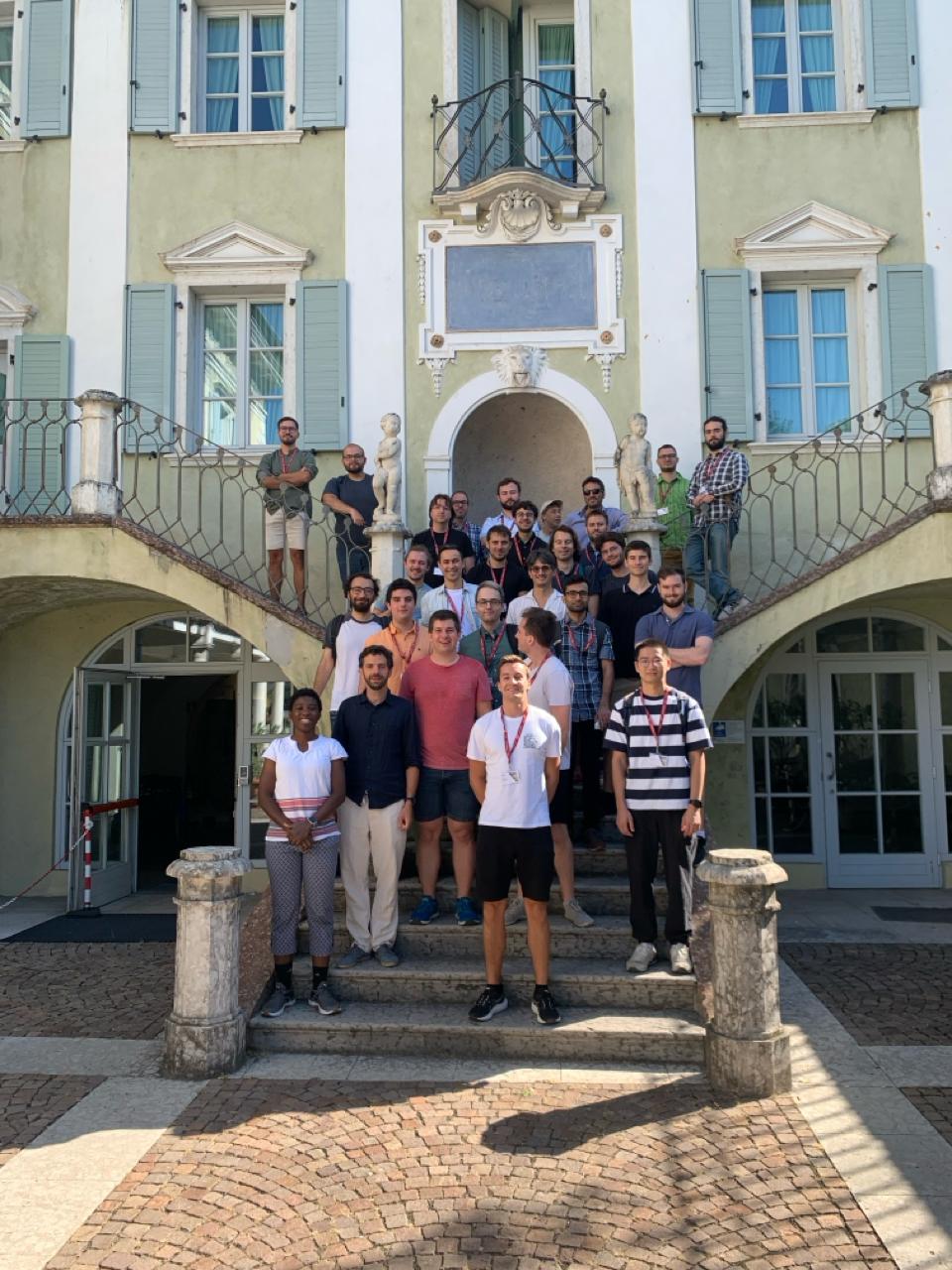
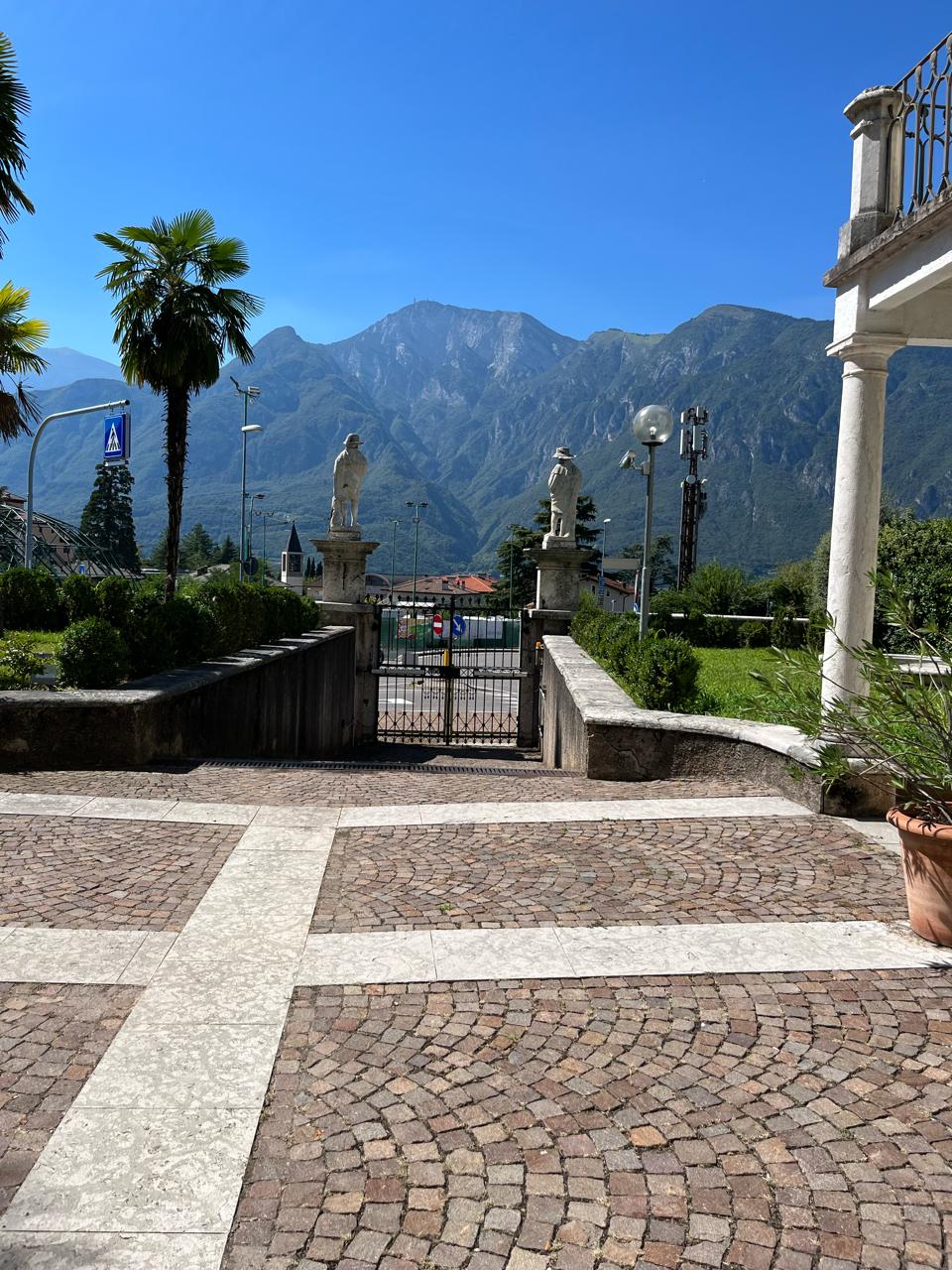
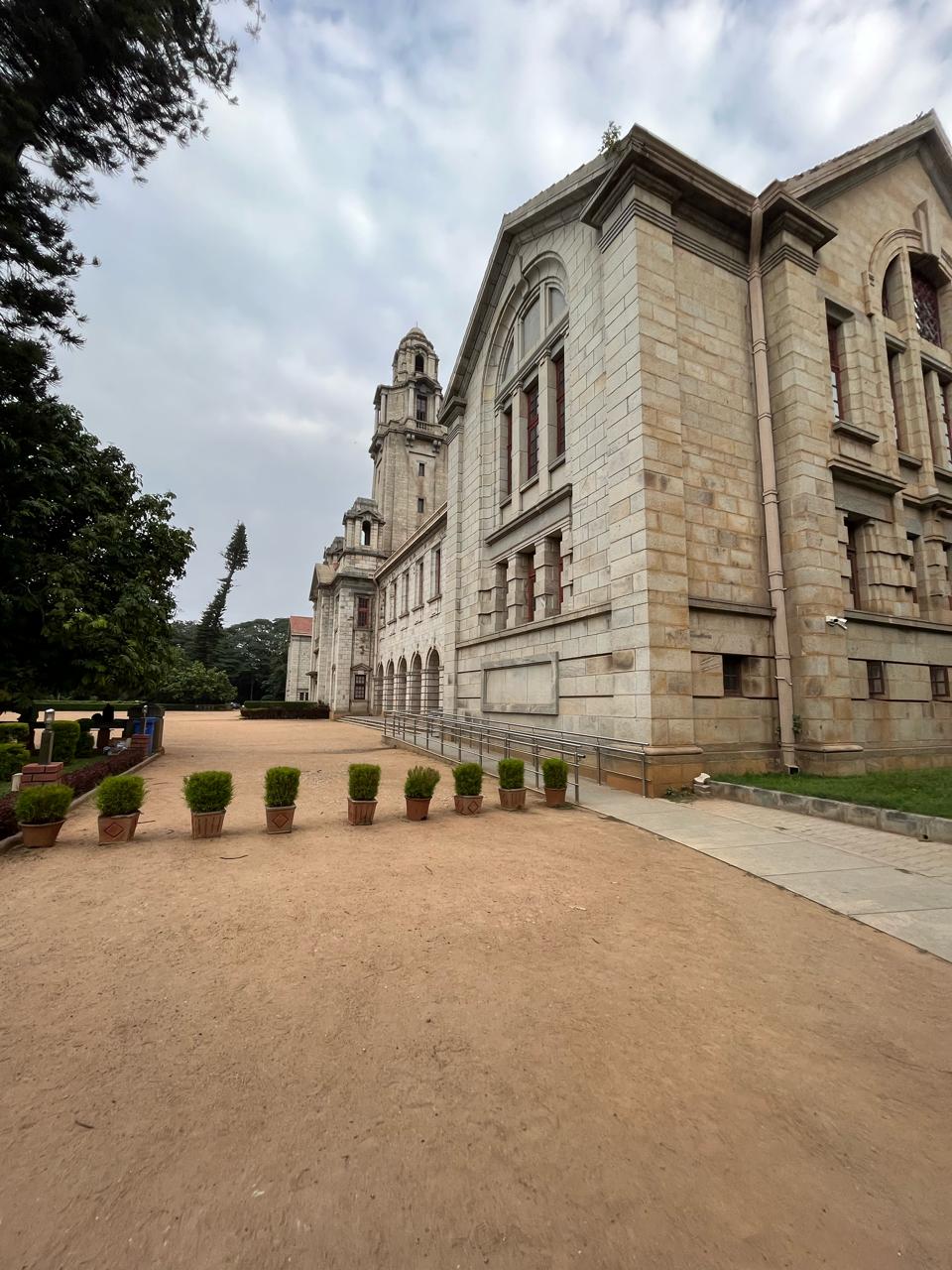
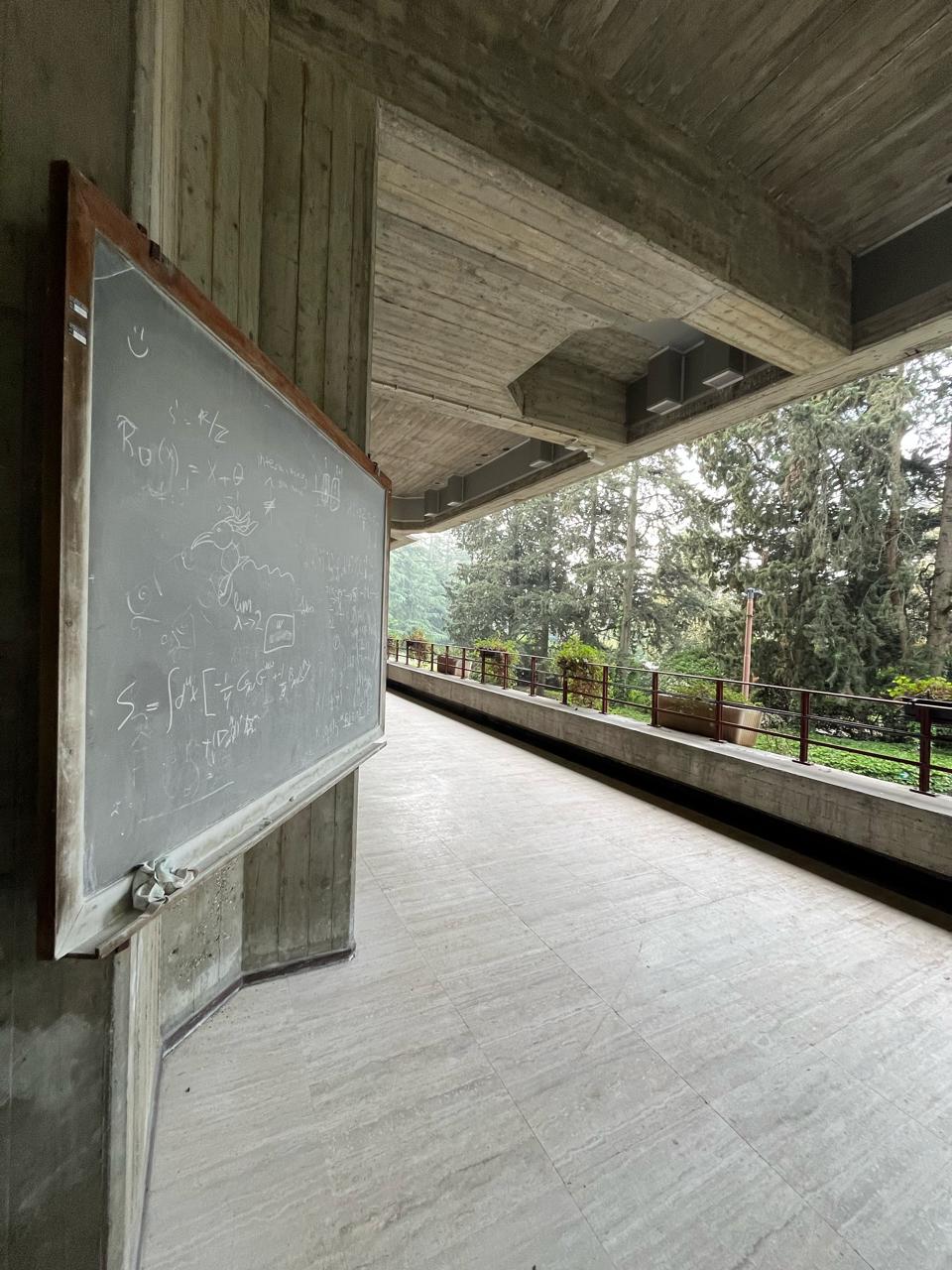
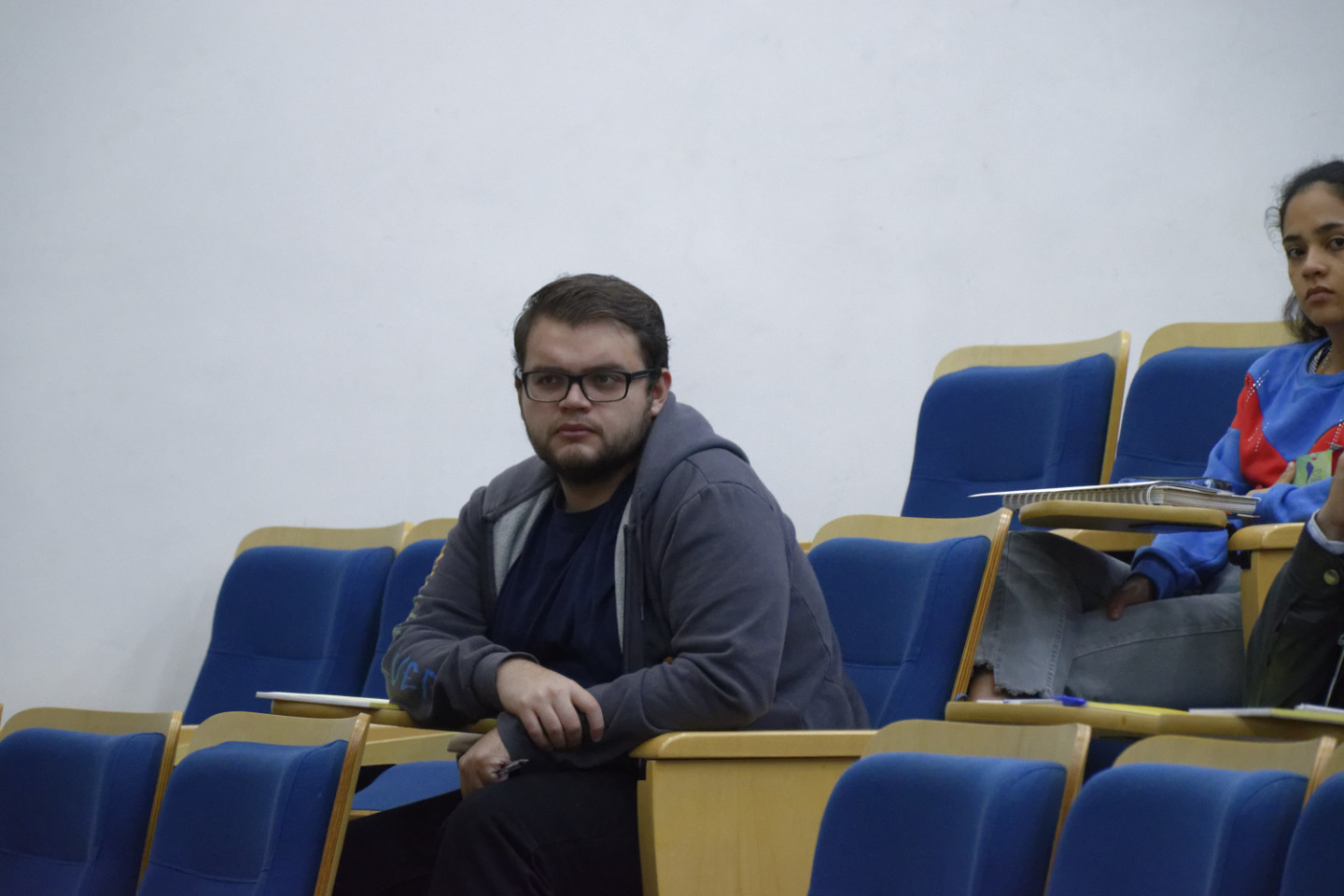
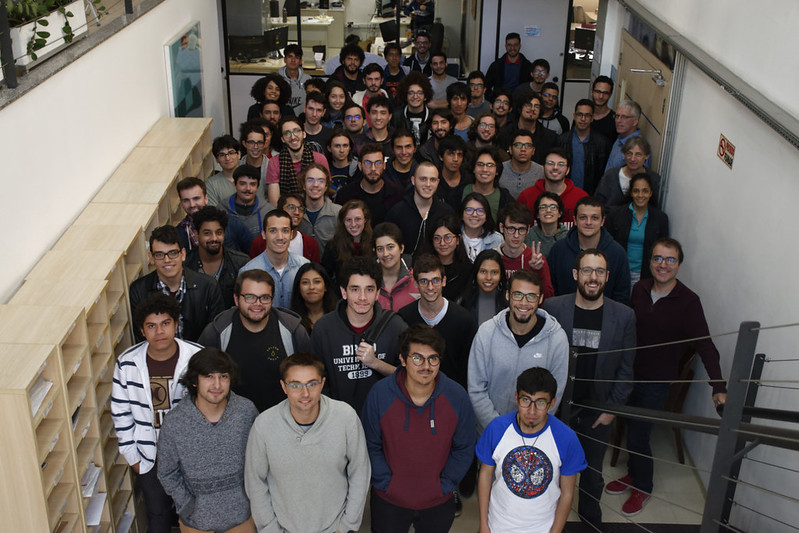
Land Acknowledgment
On this personal website, I acknowledge that I was raised on the ancestral lands of the Huetar people in what is now known as the Central Valley of Costa Rica. These lands were not ceded but stolen through colonization and violent displacement.
As a Costa Rican with roots deeply intertwined in this complex history, I recognize that my presence on these lands is a direct result of centuries of colonization, displacement, and cultural assimilation.
Learning about the pain in our roots is not just an academic exercise; it is a moral imperative. It challenges us to question the narratives we’ve inherited and to recognize the ongoing impacts of historical injustices. By investigating these histories, we begin to understand the complex fabric of identities that make up our nation and the responsibilities we carry as inheritors of this legacy. We are not passive inheritors, but active agents of change, bound by a sacred duty to reclaim our histories, heal our communities, and liberate our lands for all who have been silenced, marginalized, and dispossessed.
I honor the resilience and ongoing presence of the Huetar people, as well as other indigenous groups of Costa Rica - including the Chorotega, Bribri, Cabécar, Maleku, Guaymí, and Boruca. Their cultures, languages, and traditions continue to enrich Costa Rica despite centuries of oppression.
As academics, we must carry a profound responsibility to challenge and dismantle colonial narratives wherever we go. The academic world has long been complicit in perpetuating colonial mindsets and marginalizing indigenous knowledge systems. It is our duty to actively confront these biases within our institutions, research methodologies, and teaching practices.
The Costa Rican government’s approach to indigenous rights has been woefully inadequate, marked by empty promises and systemic neglect. The 1977 Indigenous Law, touted as progressive, has proven to be little more than a paper tiger. Decades later, indigenous territories remain under siege, with illegal occupations rampant and unpunished. The government’s failure to fully implement this law exposes a lack of political will to address historical injustices. Indigenous communities continue to be marginalized, their lands exploited, and their cultural practices eroded. The state’s policies have perpetuated a cycle of poverty and discrimination, while paying lip service to indigenous rights. Costa Rica’s international image as an environmental and human rights leader stands in stark contrast to the reality faced by its indigenous peoples. Meaningful reform is long overdue. The government must be held accountable for its failures and take immediate, concrete steps to restore indigenous lands, guarantee true autonomy, and dismantle the systemic barriers that have kept indigenous communities disenfranchised for generations.

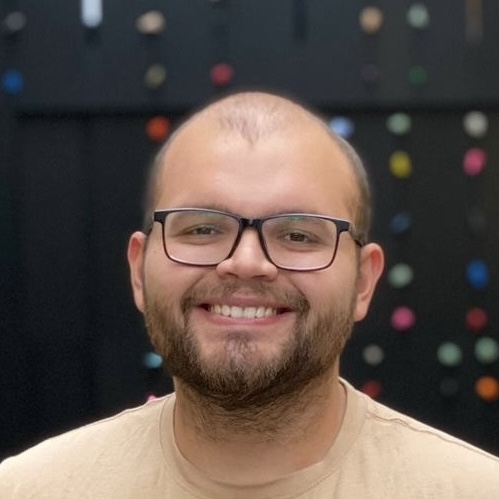
 InspireHEP
InspireHEP